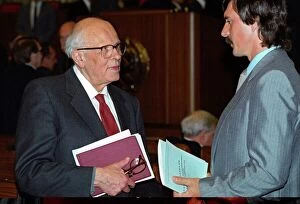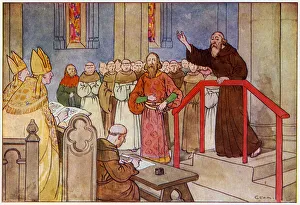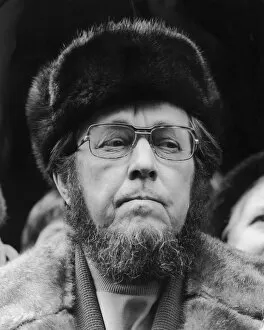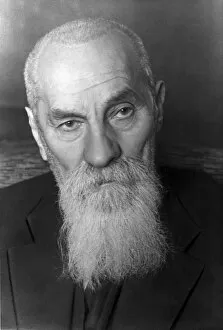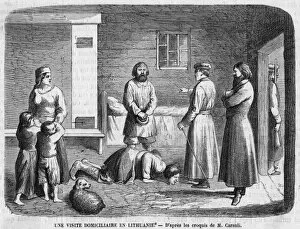Dissident Collection
"Dissident: A Legacy of Defiance and Courage" Throughout history, individuals have risen against oppressive regimes, challenging the status quo and fighting for freedom
All Professionally Made to Order for Quick Shipping
"Dissident: A Legacy of Defiance and Courage" Throughout history, individuals have risen against oppressive regimes, challenging the status quo and fighting for freedom. From Andrei Sakharov, the Russian physicist turned dissident who fearlessly spoke out against nuclear weapons during the Cold War era to Vaclav Havel, the Czech playwright who became a symbol of resistance against communist rule as the first President of the Czech Republic - these brave souls embody what it means to be a dissident. The portrait of Pierre Valdes (Peter Waldo) reminds us of those early dissenters who dared to question established religious doctrines in medieval times. Their unwavering beliefs often resulted in persecution and accusations like that faced by Patkul Accused. The Massacre of the Vaudois serves as a haunting reminder of the brutal consequences dissenters faced when their ideas challenged prevailing powers. In later centuries, figures like John Wycliffe stood up against corruption within religious institutions. His confrontations with monks are vividly depicted in illustrations from "The History of Protestantism. " Lord Cobham's preaching as a Lollard further exemplifies how dissenting voices were met with hostility. Fast forward to modern times, where we find ourselves inspired by Vaclav Havel's resilience and determination to bring down communism in Czechoslovakia. His photo captures his indomitable spirit that led him from being an imprisoned playwright to becoming a revered political leader. These historical figures remind us that being a dissident is not merely about opposing authority; it is about standing up for justice, truth, and human rights. Dissidents challenge societal norms because they believe in something greater than themselves – whether it be scientific progress or political liberation. Their stories serve as reminders that even amidst adversity and danger, there will always be individuals willing to risk everything for what they believe is right. They inspire future generations never to succumb to oppression but instead strive towards creating a more just and equitable world.

